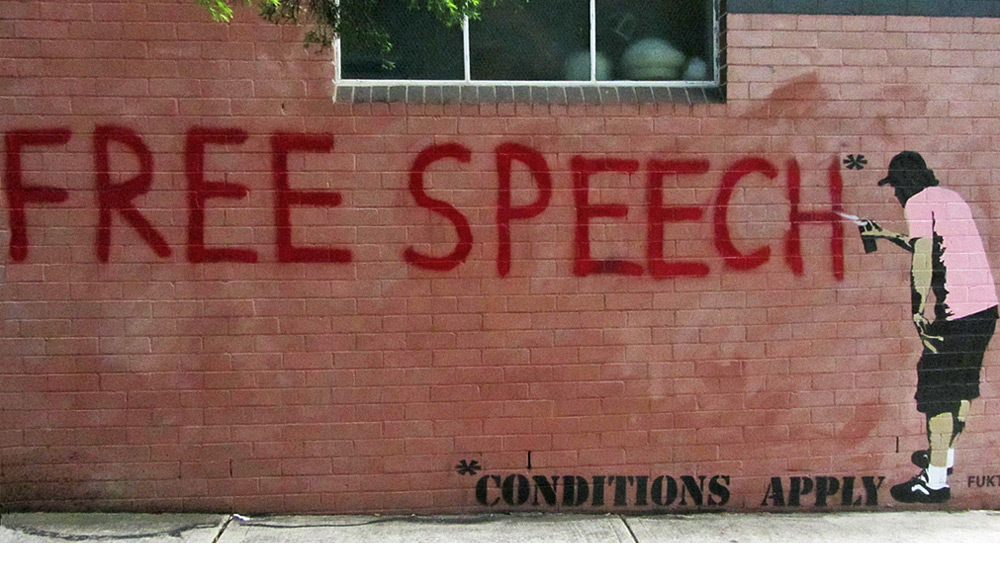The relationship between the First and Second Amendments is closer than commonly believed.
This is especially clear in the 3D gun printing story, the subject of yesterday’s Common Sense, “Progressive Designs.” As I finished the copy, a news story broke: U.S. District Judge Robert Lasnik “muzzled Defense Distributed with a court order,” as Declan McCullagh puts it.
And then, as McCullagh goes on, a mirror site appeared. Though Cody Wilson, the man behind Defense Distributed, immediately took his plans offline, “the Calguns Foundation, the Firearms Policy Coalition, and other civil rights groups” published plans for “AR-15, AR-10, Ruger 10 – 22, Beretta 92FS, and other firearms” on their sites.
This made my footnote especially relevant, for it was there that I noted that “plans like this have been available on the not-exactly-easy-to-access Dark Web for some time.” And now Cody Wilson’s precise “freely downloadable computer-aided design (CAD) files,” though “dark” on his site, are bright elsewhere.
McCullagh admits that though it is certainly “possible that Defense Distributed may lose this legal skirmish and be prevented from returning its instructions to the DEFCAD site,” since such plans are now everywhere, and not easily stoppable, constitutionally, the “Second Amendment, it turns out, is protected by the First.”
Which is, of course, natural enough — for the Second Amendment’s protections of self-defense has held power-lusting politicians at bay, keeping Americans freer than citizens anywhere else. What other country has better free speech protections?
All freedoms help each other, reinforce each other.
This is Common Sense. I’m Paul Jacob.











